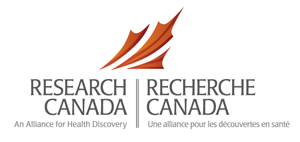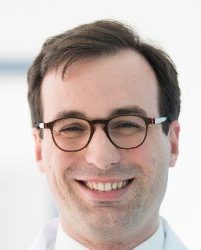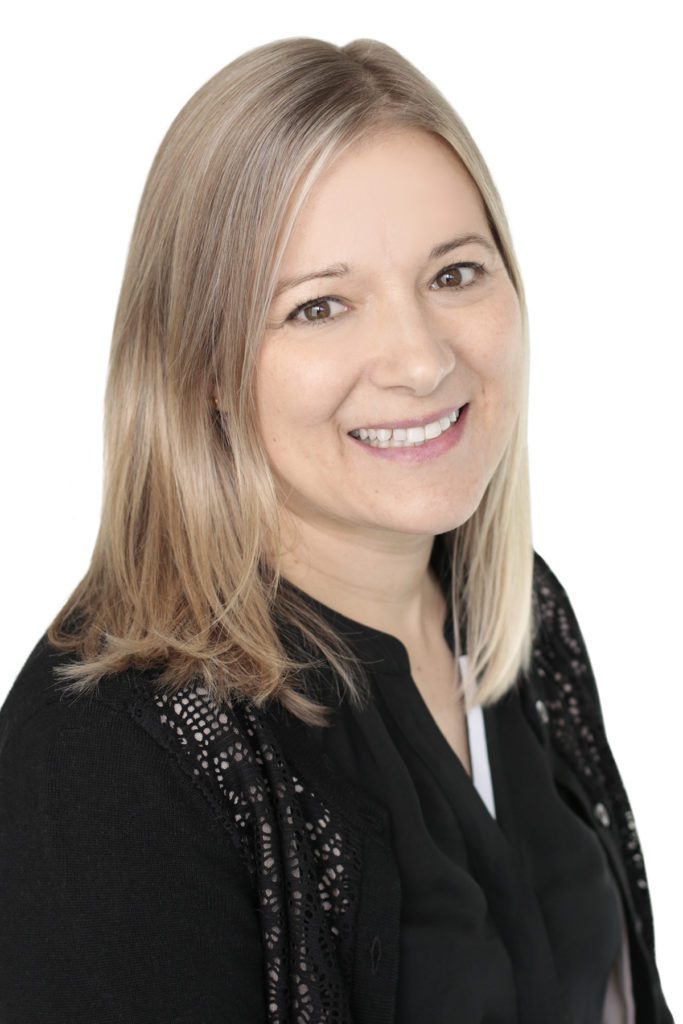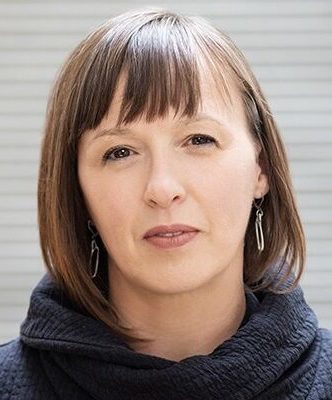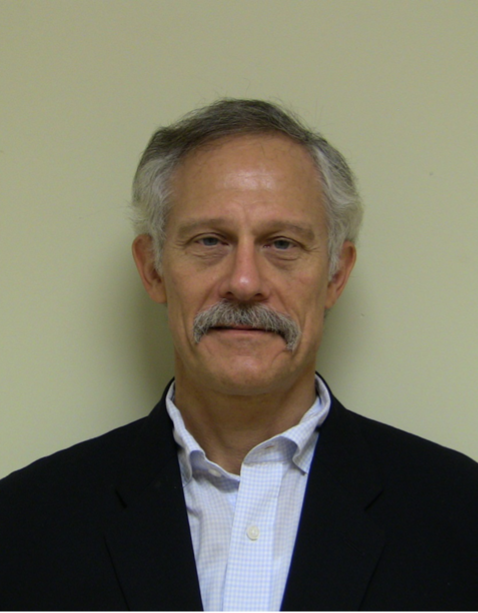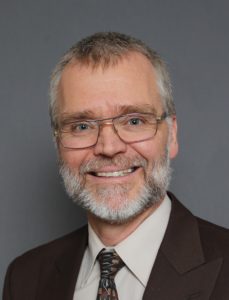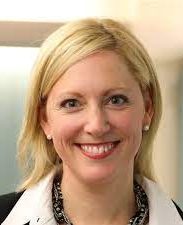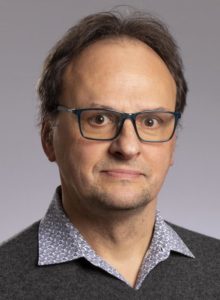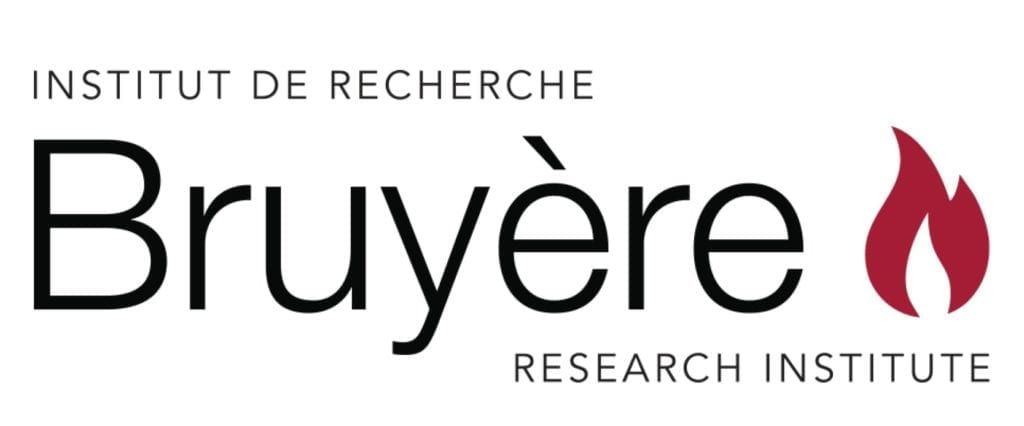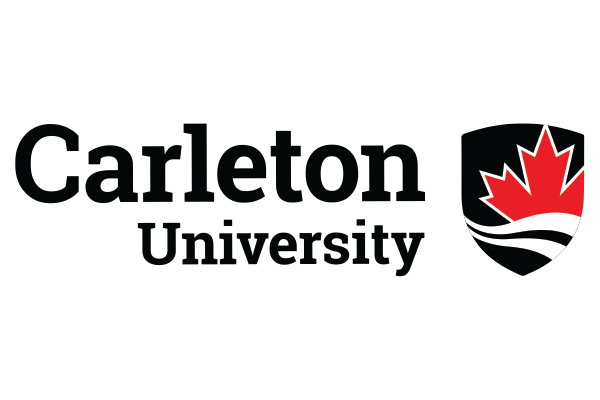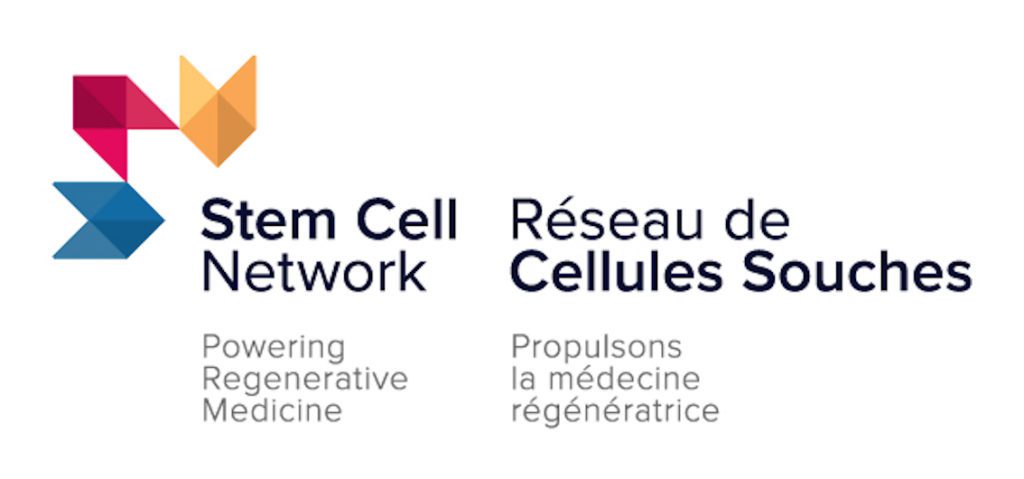Game Changers in Health Research and Health Innovation: Focus on Aging – Panel Presentation and Parliamentary Health Research Caucus Luncheon

Game Changers in Health Research and Health Innovation: Focus on Aging – Panel Presentation and Parliamentary Health Research Caucus Luncheon
Wednesday, December 7, 2022
Fairmont Château Laurier
Ottawa, Ontario
DAY AT A GLANCE
- 10:30 am – 11:50 pm: Panel Presentation – Game-Changing Research in Aging
- Hosted by Research Canada. Welcome by Ms. Deborah Gordon-El-Bihbety, Research Canada’s President and CEO with Special Remarks from Dr. Rose Goldstein, Research Canada’s Chair.
- This Panel Presentation will feature game-changing research on aging under the auspices of the four pillars of health research and also bring a social science perspective to the table. Audience members will have an opportunity to ask panellists questions as we delve deeper into the innovative research these Panellists are undertaking aimed at improving the health and well-being of Canada’s aging population.
(Research Canada’s Members, Supporters, and Partners)
Panellists
|
|
MODERATOR: Sheena Josselyn, PhD Professor, Departments of Psychology and Physiology, University of Toronto |
Dr. Sheena Josselyn is a world-renowned expert on memory, which may be defined as the retention over time of internal representations gained through experience, and the capacity to reconstruct these representations at later times. Long-lasting physical brain changes (‘engrams’) are thought to encode these internal representations. Sheena Josselyn is interested in understanding how specific neurons are recruited or allocated to an engram, and how neuronal membership in an engram may change over time or with new experience. Her research also investigates the links between adult neurogenesis and forgetting, which allows flexible encoding of new memories. Her research efforts to understand memories in mice have led to a better understanding of memory in people. |
|
|
Tiago Mestre, MSc MD Neurologist, Neurology, Medicine, Associate Professor, Medicine, Neurology, University of Ottawa |
Dr. Tiago Mestre has dedicated his clinical research to the development of innovative, feasible high-quality care delivery for chronic neurodegenerative disorders. With an aging population, the impact of these neurological conditions is expected to continue to increase significantly and impose an unsustainable burden on the Canadian healthcare system. The solutions evaluated by Dr. Mestre are focused on care integration with a focus on community care with streamlined access to existing care resources, patient empowerment and technology-enabled care. His research has the potential to have an impact on the life of Canadians today. |
|
|
Annie Robitaille, PhD Assistant Professor, Interdisciplinary School of Health Sciences, University of Ottawa |
Dr. Annie Robitaille’s current research focuses on better understanding the biopsychosocial factors related to the aging process with much of her research focusing specifically on those living with frailty in the community and in long-term care homes. Her research also aims to improve the quality of life and reduce social isolation of older adults living with frailty across the continuum of care and their caregivers. In the past, her research focused on the analysis of longitudinal studies in order to answer questions about between-person and within-person change in aging-related processes. Her postdoctoral research focused on better understanding responsive behaviours for people living with dementia throughout the continuum of care. |
|
|
Amanda Grenier, PhD
|
Dr. Amanda Grenier uses an interdisciplinary approach and works with older adults to examine social policies in care and people’s experiences with aging. She has gathered perspectives from older adults on life course transitions, frailty, aging with a disability, homelessness, social isolation, and precarious aging, among other topics. Her work helps Canada better understand disadvantage and inequality among older people, and to develop theory, research, policy, and practice that strives for meaningful inclusion of diverse older people, through co-produced research and community engagement. Her work is critical to help us gain a better understanding of aging in vulnerable populations, which is crucial for ensuring that brain health is optimized in all older adults, and to scale-up solutions to promote age-inclusive futures in society, and everyday practice with older people. |
|
|
Howard Abrams, BSc Eng, MD FRCPC Director, OpenLab, Toronto General Hospital Medical Lead, NORC Innovation Centre, University Health Network |
Dr. Howard Abrams holds degrees in Engineering and Medicine and is an Associate Professor of Medicine at the University of Toronto. He is a consultant in Internal Medicine at Toronto’s University Health Network (UHN) and Sinai Health System (SHS) and is the Director of OpenLab, a design and innovation group based at Toronto General Hospital that looks for creative solutions at the intersection of health and society. He currently is the Medical Lead for the NORC Innovation Centre at UHN whose mission is to re-design the future of aging in place. |
- 12:10 – 1:30 pm: Parliamentary Health Research Caucus Luncheon – Game Changers in Health Research and Health Innovation: Focus on Aging
- Hosted by Dr. Brendan Hanley, MP (Yukon), Chair of the Parliamentary Health Research Caucus, Co-hosted by Vice-Chairs, Dr. Stephen Ellis, MP (Cumberland—Colchester), Ms. Carol Hughes, MP (Algoma—Manitoulin—Kapuskasing) and Senate Representative, The Honourable Mohamed-Iqbal Ravalia (Newfoundland and Labrador)
- This Game Changers in Health Research and Health Innovation Luncheon, the fourth in a series of Parliamentary Health Research Caucus events under this theme, will feature four of the best and brightest Canadian health researchers and innovators who will share their game-changing health research and innovations in aging that promise revolutionary change in human health and healthcare with Parliamentarians and special guests.
(Research Canada Members, Supporters and Partners and Parliamentarians – By Invitation Only)
Presenters
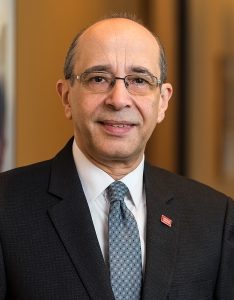
|
Rafik Goubran, PhD Affiliate Investigator, Bruyère Research Institute |
Dr. Rafik Goubran has been a key proponent of the partnership between Carleton University and the Bruyère Research Institute. Beginning as a relationship around technology, namely smart apartment technologies for seniors which Goubran directly contributed to in a scientific capacity, the collaborative partnership has expanded to other clinical areas, including driving simulation for cognitive assessment, industrial design of long-term care, and is now progressing into wound care. As VP of Research and International at Carleton, Goubran’s work with Heidi Sveistrup, CEO of Bruyère Research Institute, has solidified a research partnership at the highest levels of leadership, creating a collaborative space for the institutions to leverage each other’s respective expertise. The integration of academic and hospital environments has built bridges between academia and the hospital to answer health questions in novel and comprehensive ways. |
|
|
Frank Knoefel, MD Physician, Bruyère Memory Program Senior Investigator, Bruyère Research Institute
|
Dr. Frank Knoefel is a physician at the Bruyere Memory Program and Senior Investigator at the Bruyere Research Institute. In addition to his appointment at the Faculty of Medicine, he has an appointment as Adjunct Research Professor in Systems and Computer Engineering at Carleton. He is also co-founder of the AGE-WELL National Innovation Hub on Sensors and Analytics for Monitoring Mobility and Memory (SAM3). His research is in the use of technology to facilitate Aging in Place as well as cognitive aging and dementia. |
|
|
Lisa Barrett, MD, PhD Nova Scotia Health Authority |
Dr. Lisa Barrett is an expert in infectious diseases and a clinician scientist. She worked with the COVID-19 Immunity Task Force (CITF) to lead a study in the Maritimes aimed at determining which health factors cause long-term care residents to experience severe COVID-19 outcomes, including death. The study is also investigating vaccine effectiveness in its elderly population. Dr. Barrett also leads the Senescence, Aging, Infection and Immunity Laboratory (SAIL) at Dalhousie University that studies immune responses in chronic and persistent viral infections (HIV, hepatitis C) and the modulation of the immune response to generate therapeutic and prophylactic vaccines in persistent viral infections. She has contributed to developing clinical implementation of new hepatitis C treatments at a provincial level. SAIL is also working to understand how the immune system ages during chronologic aging and how this impacts poor responses to vaccines and declining health in the elderly. |
|
|
Etienne Sibille, PhD Professor, Department of Psychiatry & Department of Pharmacology and Toxicology, University of Toronto |
Dr. Etienne Sibille specializes in exploring the biological connections between memory function, mental illness and aging. He and his team are working towards a novel discovery that could revolutionize how we diagnose and treat the aging brain. There are currently no drugs on the market that improve cognitive deficit (e.g., memory loss and thinking problems), whether associated with depression, schizophrenia, Alzheimer’s, or the natural effects of aging. However, in pre-clinical work with molecular biomarkers that target the GABA neurotransmitter system, Dr. Sibille has found a treatment that not only appears to delay or prevent memory loss, it actually reverses it. Meaningful progress in drug development for mental illness has been stalled for decades. This discovery represents a significant leap forward in the pursuit of developing new, targeted medications. Since these results are based on a decade of pre-clinical work, Dr. Sibille believes a new drug based on this research could become widely available to the public as soon as five to seven years from now. |
THANK YOU TO OUR SPONSORS
 Innovative Medicines Canada is the national association representing the voice of Canada’s innovative pharmaceutical industry. The association advocates for policies that enable the discovery, development, and delivery of innovative medicines and vaccines to improve the lives of all Canadians and supports the members’ commitment to being a valued partner in the Canadian healthcare system.
Innovative Medicines Canada is the national association representing the voice of Canada’s innovative pharmaceutical industry. The association advocates for policies that enable the discovery, development, and delivery of innovative medicines and vaccines to improve the lives of all Canadians and supports the members’ commitment to being a valued partner in the Canadian healthcare system.
 |
 |
|
AGE-WELL is Canada’s Technology and Aging Network. The pan-Canadian network brings together researchers, older adults, caregivers, partners and future leaders to accelerate the delivery of technology-based solutions for healthy aging that create social and economic benefits for Canadians. AGE-WELL is funded through the federal Networks of Centres of Excellence program. |
Canadian Frailty Network (CFN) is a pan-Canadian organization dedicated to improving frailty prevention and care through research, training, knowledge mobilization, citizen collaboration and partnerships to generate and implement evidence-based healthy aging practices to provide benefits for all Canadians. CFN is funded through the Networks of Centres of Excellence. |
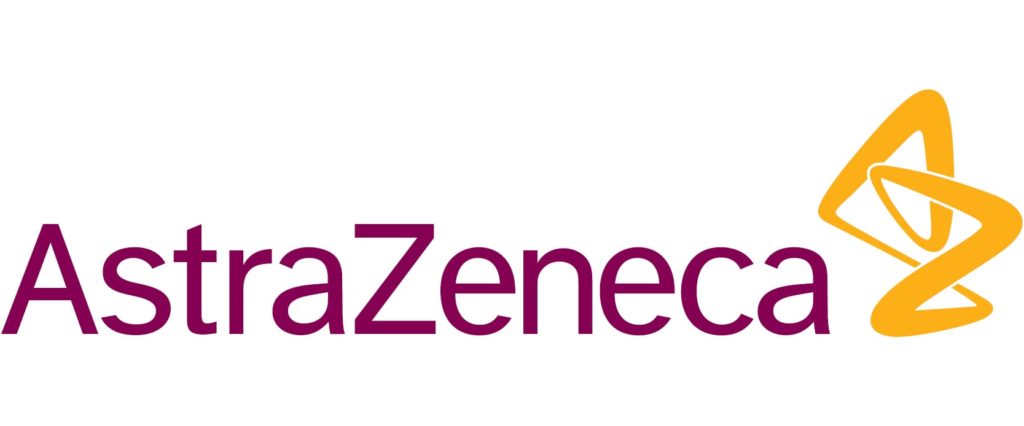 |
 |
 |
